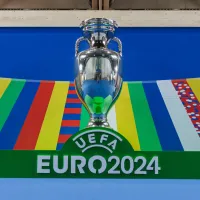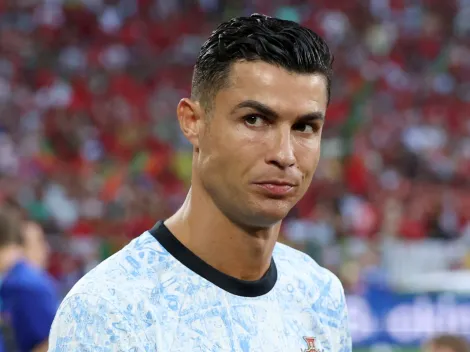Ahead of the upcoming European Championship, UEFA‘s managing director of refereeing Roberto Rosetti has announced a significant change in communication protocol on the field. Captains will be the sole players permitted to engage with the referee and discuss decisions during matches. This adjustment aims to streamline communication and minimize confusion on the pitch.
Under this new directive, any player other than the designated captain who approaches the referee displaying disrespect or dissent will face disciplinary action, resulting in a yellow card, as emphasized by Rosetti.
This measure underscores UEFA‘s commitment to upholding respect and sportsmanship in football.
UEFA to allow dialogue between captains and referees
In an open letter released on Tuesday, Rosetti highlighted the challenges faced by referees in modern football. With referees making between 200 to 250 decisions per match, often in contentious circumstances and under immense pressure, clear communication becomes paramount.

see also
UEFA Euro 2024 locations: A guide to host cities and stadiums
The advent of Video Assistant Referee (VAR) technology adds another layer of complexity, with referees expected to interpret and explain decisions amidst heightened scrutiny.

Referee, Miguel Oritz shows a yellow card to Samu Costa of RCD Mallorca (not pictured) during the LaLiga EA Sports match between Valencia CF and RCD Mallorca at Estadio Mestalla on March 30, 2024 in Valencia, Spain.
Acknowledging the necessity for greater transparency, Rosetti emphasized UEFA’s readiness to engage with players and coaches, providing insights into decision-making processes. Coaches and players have reportedly embraced this collaborative approach, recognizing its potential to enhance understanding and mitigate conflicts on the field.

see also
Complete list of UEFA Euro winners by year
In cases where the captain is a goalkeeper, an outfield player will be designated to communicate with the referee, ensuring seamless interaction. This streamlined communication protocol is expected to enhance the integrity and fluidity of decision-making processes during matches.





